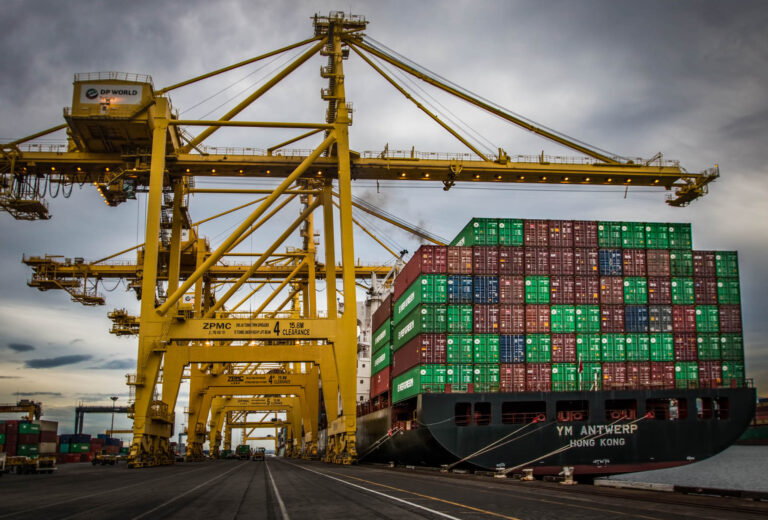Labor unions continue to play a pivotal role in California politics, according to recent reporting from the Los Angeles Times. The paper characterized the race between Sheila Kuehl and Bobby Shriver to replace a retiring Los Angeles County Supervisor as a “money battle between labor unions and business interests, with fundraising approaching $8.4 million.” While both candidates are liberal-leaning democrats, “Kuehl is viewed as more labor-friendly and Shriver more sympathetic toward business.” Kuehl has, accordingly, garnered substantial support from union groups; the paper reports that “union-affiliated donors contributed $2.1 million” to her campaign. Meanwhile, in statewide politics, the Times reports that as Governor Brown seeks reelection to a fourth term, “unions remain a key element of his political power, providing millions of dollars in donations and deep ranks of campaign foot soldiers.”
In immigration news, the Washington Post profiles Javier Flores, whose story illustrates some of the consequences of President Obama’s decision to delay executive action on immigration. Flores was deported to Mexico last month, despite the fact that he had been a resident of the U.S. for 13 years, had no criminal record, and has a wife and four children who are American citizens. Over the summer, President Obama had promised to slow the deportation of noncitizens like Flores, but subsequently decided to delay action until after November’s midterm elections.
The Hill reports that the Department of Labor “is considering raising some unemployment compensation payments in states with an ‘unusually high’ number of people out of work.” The Department issued a Notice of Proposed Rulemaking on Friday detailing the changes.






Daily News & Commentary
Start your day with our roundup of the latest labor developments. See all
December 12
OH vetoes bill weakening child labor protections; UT repeals public-sector bargaining ban; SCOTUS takes up case on post-arbitration award jurisdiction
December 11
House forces a vote on the “Protect America’s Workforce Act;” arguments on Trump’s executive order nullifying collective bargaining rights; and Penn State file a petition to form a union.
December 8
Private payrolls fall; NYC Council overrides mayoral veto on pay data; workers sue Starbucks.
December 7
Philadelphia transit workers indicate that a strike is imminent; a federal judge temporarily blocks State Department layoffs; and Virginia lawmakers consider legislation to repeal the state’s “right to work” law.
December 5
Netflix set to acquire Warner Bros., Gen Z men are the most pro-union generation in history, and lawmakers introduce the “No Robot Bosses Act.”
December 4
Unionized journalists win arbitration concerning AI, Starbucks challenges two NLRB rulings in the Fifth Circuit, and Philadelphia transit workers resume contract negotiations.